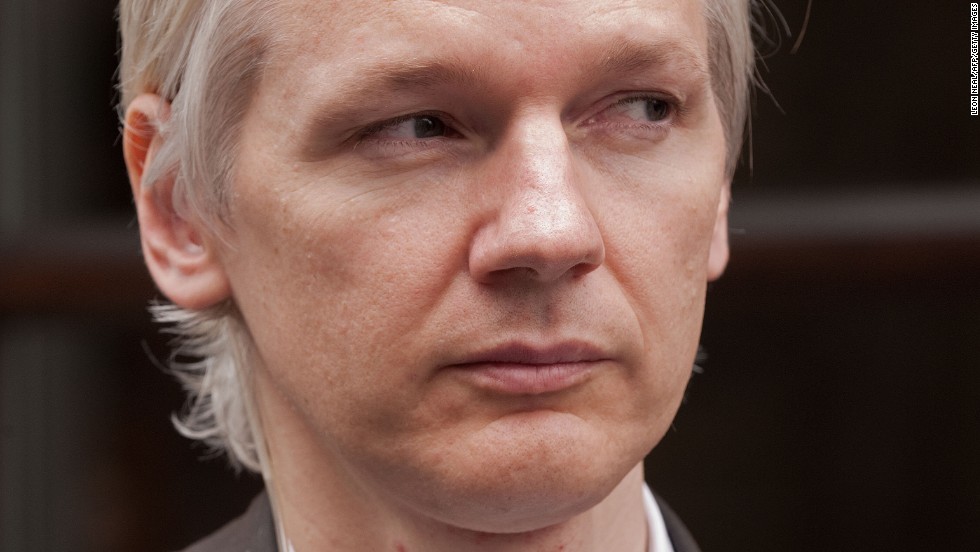At the blog of the New York Review of Books, Sue Halpern reviews Laura Poitras’s new documentary on Julian Assange, entitled Risk. As Halpern notes, Poitras began shooting the film several years ago with the intention of profiling a hero, but her feelings about Assange grew intensely ambivalent over the course of the project, as Assange’s egomania, misogyny, and reckless disregard for the privacy of others came to the fore. Read an excerpt from the review below, or the full text here.
Near the end of Risk, after Poitras has shown Assange a rough cut of the film, he tells her that he views it as “a severe threat to my freedom and I must act accordingly.” He doesn’t say what he will do, but when the film was released this spring, Poitras was loudly criticized by Assange’s supporters for changing it from the hero’s journey she debuted last year at Cannes to something more critical, complicated, and at best ambivalent about the man. Yet ambivalence is the most honest thing about the film. It is the emotion Assange often stirs up in those who support the WikiLeaks mission but are disturbed by its chief missionary.
This ambivalence, too, is what makes Risk such a different film from Citizen Four (2014), Poitras’s intense, resolute, Oscar-winning documentary about Edward Snowden. While Snowden and Assange are often twinned in the press and in the public imagination, these films demonstrate how false that equivalence is. Snowden leaked classified NSA documents that he said showed rampant unconstitutional intrusions by the government into the private lives of innocent citizens, doing so through a careful process of vetting and selective publication by a circle of hand-picked journalists. He identified himself as the leaker and said he wanted to provoke a public debate about government spying and the right of privacy. Assange, by contrast, appears to have no interest in anyone’s privacy but his own and his sources’. Private communications, personal information, intimate conversations are all fair game to him. He calls this nihilism “freedom,” and in so doing elevates it to a principle that gives him license to act without regard to consequences.
Image of Julian Assange via CNN.
